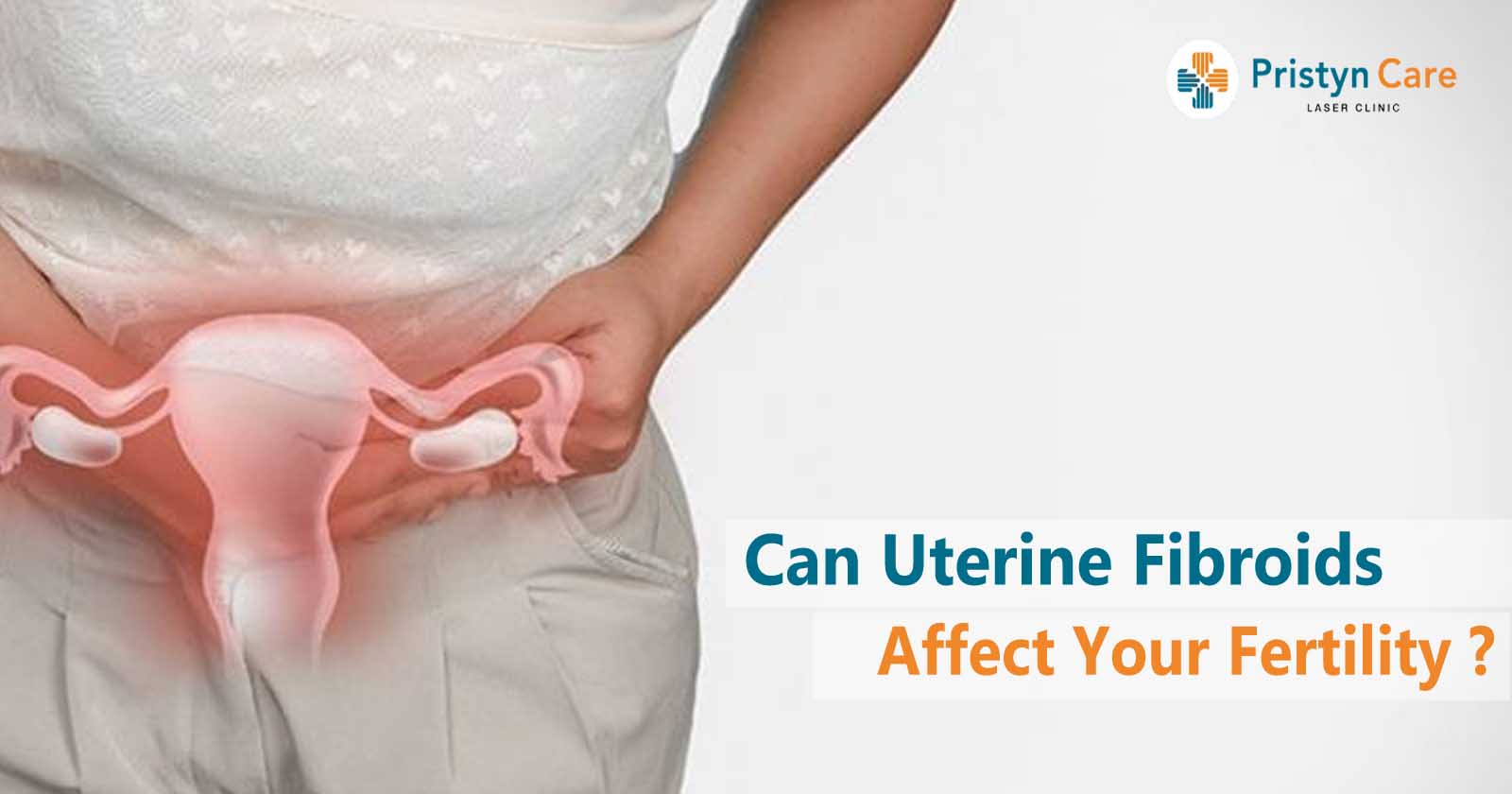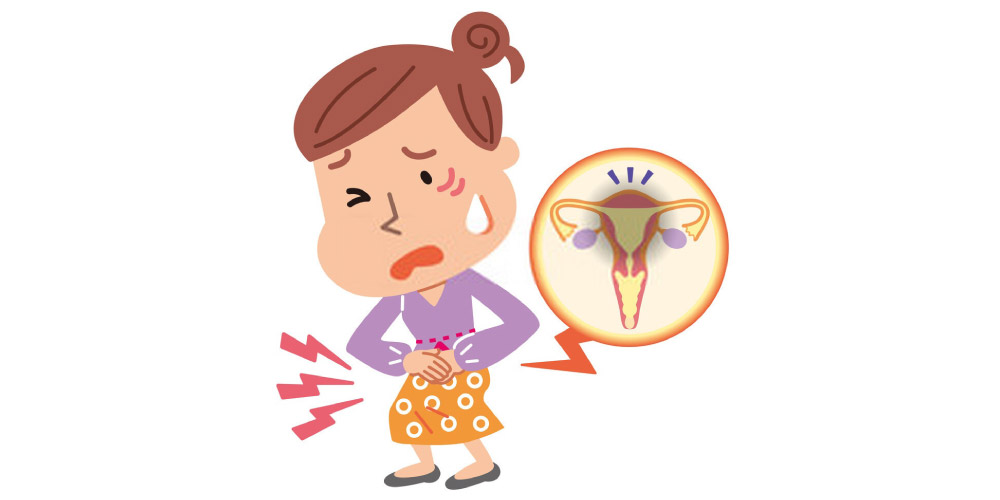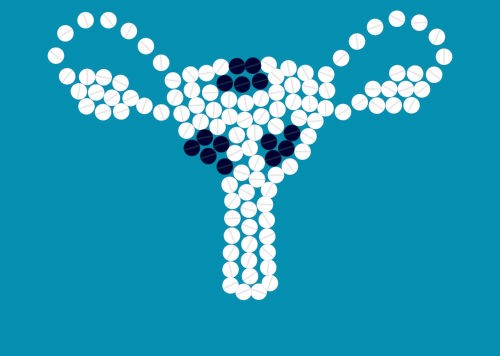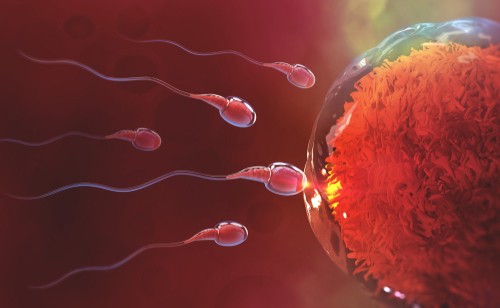
Uterine fibroid, also known as myomas or leiomyomas is the non-cancerous tumor in a woman’s uterus (womb). Uterine fibroids commonly form during childbearing years of a woman’s life. These tumors may grow singly or in clusters within the wall of the uterus or get attached to it.
They are made of smooth muscle cells that grow in the uterus or get attached to the uterine wall. Uterine fibroids are also known as “leiomyomas” or “myomas”, and are linked to an increased risk of uterine cancer. However, they seldom develop into cancer.

Uterine fibroids are the most general form of tumors in the uterus and can lead to excessive bleeding during menstruation, pain in the pelvic region, and recurrent urination. Women are most vulnerable to uterine fibroids at the age of 40s and early 50s. In rare cases, it may lead to cancer known as uterine sarcoma.
Fibroids range in size. Uterus fibroids can be as small as a seedling to bulky masses which can distort and even enlarge the whole uterus. In extreme cases, multiple fibroids can develop and expand the uterus to such an extent that it reaches the rib cage. It can even add to the weight.

A female can have a single or multiple fibroids.
Many females have uterine fibroids. In India itself, there are approximately 1 million cases of females suffering from uterine fibroids each year. But most of the patients don’t know they have uterine fibroids. It is because the fibroids often cause no symptoms. The doctor usually discovers fibroids incidentally during a pelvic exam or an ultrasound.
Fibroids can lead to strong abdominal pain, heavy flow during menstruation, pelvic pain, frequent urge to urinate, or painful intercourse. Many women with uterine fibroids may not have any of the symptoms and only an ultrasound can depict the presence of fibroid. (Also Read: What causes uterine fibroids?)
Table of Contents
Types of Uterine Fibroids
Uterine fibroids can be classified into different types depending on their location in the uterus: –
- Subserosal fibroids: When fibroids grow on the outer surface of the uterus.
- Submucosal fibroids: When the fibroids grow inside the uterine cavity, below the endometrium.
- Intramural fibroids: When the fibroids grow inside the uterus wall.
- Pedunculated fibroids: When the growth is on small stalks, on the uterine surface or in the uterine cavity.
The location at which a fibroid grows inside the uterus and the size of the fibroid can immensely affect the fertility of a woman. And if the fibroid develops during pregnancy it can lead to complications.
Submucosal fibroids, that develops inside the cavity of uterus cause infertility and pregnancy complications. Largely sized fibroids, often more than 5 cm in diameter can severely affect fertility in women.
Effects of fibroids on pregnancy?
Most females experience no effects from fibroids in their pregnancy. However, a 2010 study suggests 10 to 30 percent of females with fibroids may develop complications in pregnancy.
Source– https://www.ncbi.nlm.nih.gov/pmc/articles/PMC2876319/
Researchers have stated that the most common complication of uterine fibroids during pregnancy is pain. It is seen most often in females with fibroids larger than 5 cms and after the second trimester.
Fibroids may increase the risk for other complications in pregnancy and delivery, including:
- Fetal growth restriction- Large fibroids can prevent a fetus from fully growing due to decreased room in the uterus.
- Placental abruption- This happens when the placenta breaks away from the uterine wall after being blocked by the fibroid. This reduces the vital oxygen and nutrients to the fetus.
- Preterm delivery- Pain due to uterine fibroids can lead to uterine contractions, which may result in an early delivery.
- Cesarean delivery- It has been . estimates females with fibroids are 6 times more likely to need a cesarean delivery (a C-section) than females who do not have these fibroids.
- Breech position- Due to the abnormal shape of the cavity, the baby may be in a breech position for vaginal delivery.
- Miscarriage- Research suggests that the chances for a miscarriage are doubled in females with fibroids.
How will pregnancy affect fibroids?
In most cases, uterine fibroids do not change in size in the course of pregnancy, but in some cases, this may happen. In fact, 1/3rd of uterine fibroids can possibly grow in the first trimester of pregnancy, suggests a 2010 review.
Source– https://www.ncbi.nlm.nih.gov/pmc/articles/PMC2876319/
Female hormone estrogen highly influences the growth of uterine fibroid in the body. In pregnancy, the estrogen levels rise. This factor may lead to the growth of the fibroids even more during pregnancy.
Source– https://www.ncbi.nlm.nih.gov/pmc/articles/PMC2927730/
How fibroids lead to infertility?

Following are the major reasons as to why fibroids lead to infertility in a woman: –
- The presence of fibroids near the cervix can block or reduce the entrance of sperm into the uterus.
- If the egg is fertilized but the growth of fibroids near the opening of the fallopian tube inside the uterine cavity can prevent its implantation into the uterus.
- Submucosal fibroids that develop inside the uterine cavity occupy space in the uterus giving less area to the zygote and interfering with the normal growth of the child.
- Fibroid growth in clusters can disrupt the blood supply to the uterus which can lead to miscarriages in pregnancy as it deploys uterus walls to thicken and sustain a pregnancy.
Tips to deal with uterine fibroids
- Have foods rich in fiber. Have lots of fruits, green vegetables, nuts, whole grains. This keeps the uterus in good health.
- Give up smoking and refrain from consuming alcohol frequently or excessively. These habits aggravate the fibroids.
- Keep your lifestyle active. Exercise regularly and perform yoga to strengthen the muscles of the uterus.
Take Away
In general, women having uterine fibroids do not face major issues with conceiving. If in case you experience infertility issues or recurrent miscarriage due to fibroids, you must consult a gynecologist. The gynecologist will help determine the accurate cause of infertility which may be uterine fibroids.
Also Read:







